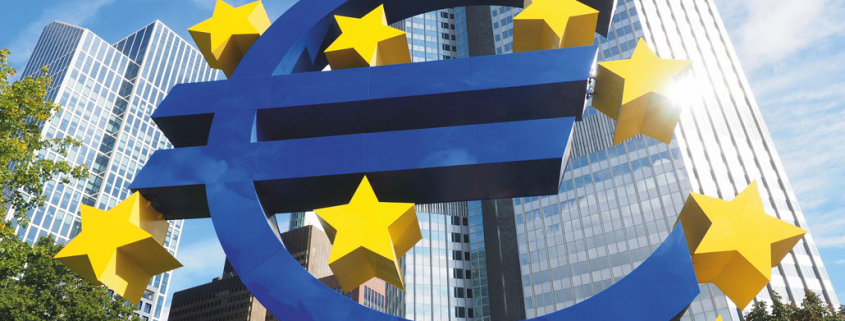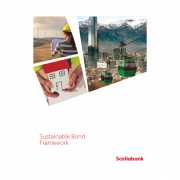Intended: The Regulation of European Green Bond Standard
Green bonds play an increasingly important role in financing assets needed for the low-carbon transition. However, there is no uniform green bond standard within the EU. The new European Green Bond Standard wants to ensure that European companies can benefit from green financing and that investors will find the green investments they wish.
In May, the members of the European Parliament in the Economic and Monetary Affairs Committee adopted their negotiation position on the regulation of European green bonds. The text introduced numerous changes to the EU Commission’s proposal and was approved by the majority of the committee. The proposal seeks to better regulate the entire green bond market, rather than only establishing the European Green Bond label (EuGB), and reduce so-called “green washing”, a press release informed.
For all bonds marketed as green, transparency requirements are introduced, including being aligned with the taxonomy legislation on the use of proceeds derived from the bond issuance. According to the European Parliament, this would allow investors to compare EUGBs with other existing green bonds. “In addition, all those issuing green bonds must have safeguards in place to ensure they do not harm people or planet.”
The proposal also requires that all EuGBs have verified transition plans. “The text also ensures that all issuers of green bonds have processes in place to identify and limit the principal adverse impacts of their activity.” Furthermore, it prohibits all issuers from countries on the EU’s grey- or black-list of tax havens from issuing EuGBs.
As reported, supervision is strengthened in various ways. For example, provisions are included to ensure that the authorities could ban companies from issuing EUGBs if they fail to follow the rules. “The adopted text also ensures stronger market pressure to comply with the rules by ensuring investors have legal recourse if the issuer’s failure to comply leads to the depreciation of a green bond,” the Parliament wrote. Now, negotiations with the member states have to take place.
(Published in GLOBAL RECYCLING Magazine 2/2022, Page 9, Photo: Hans Braxmeier / pixabay.com)





